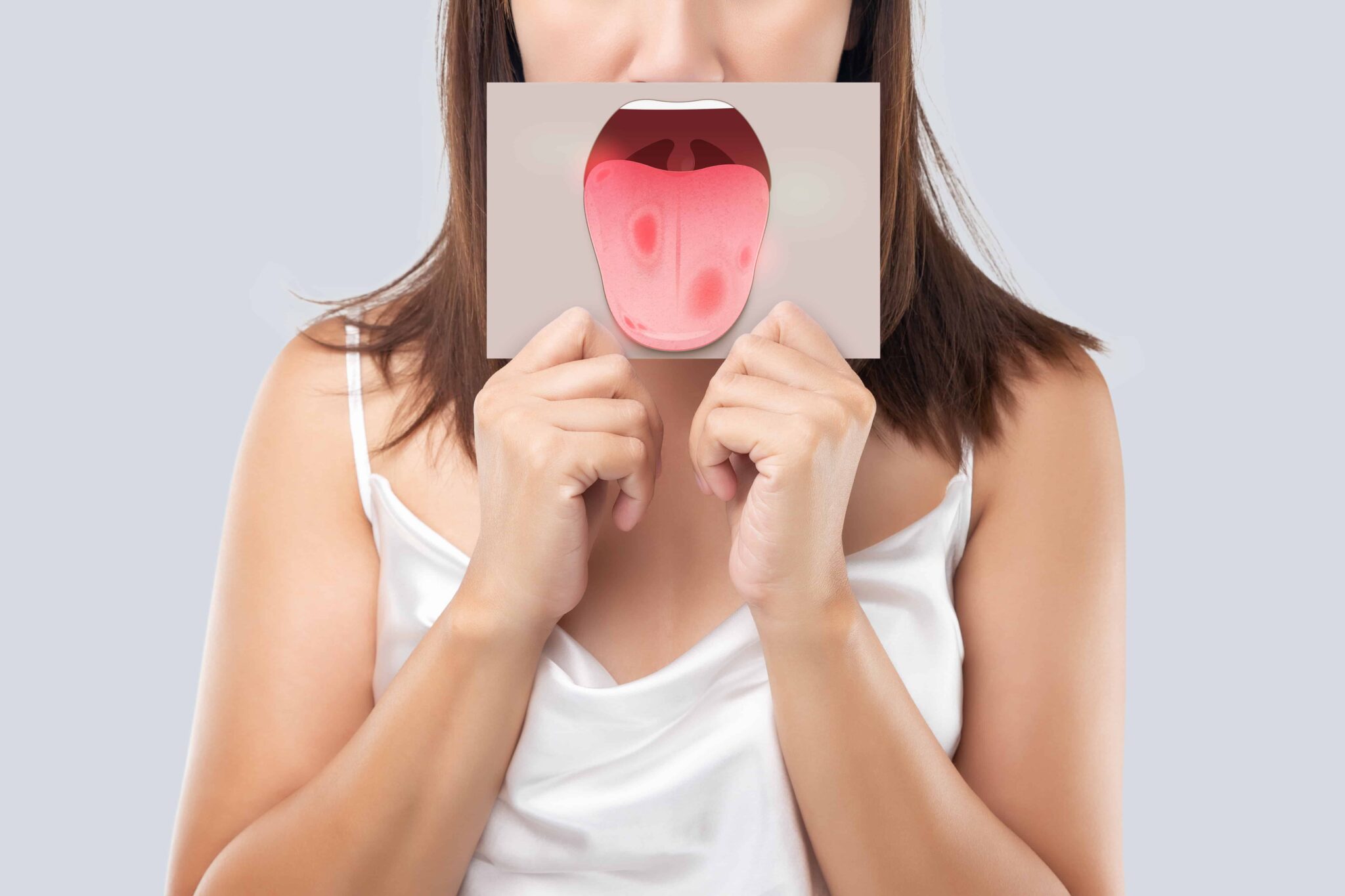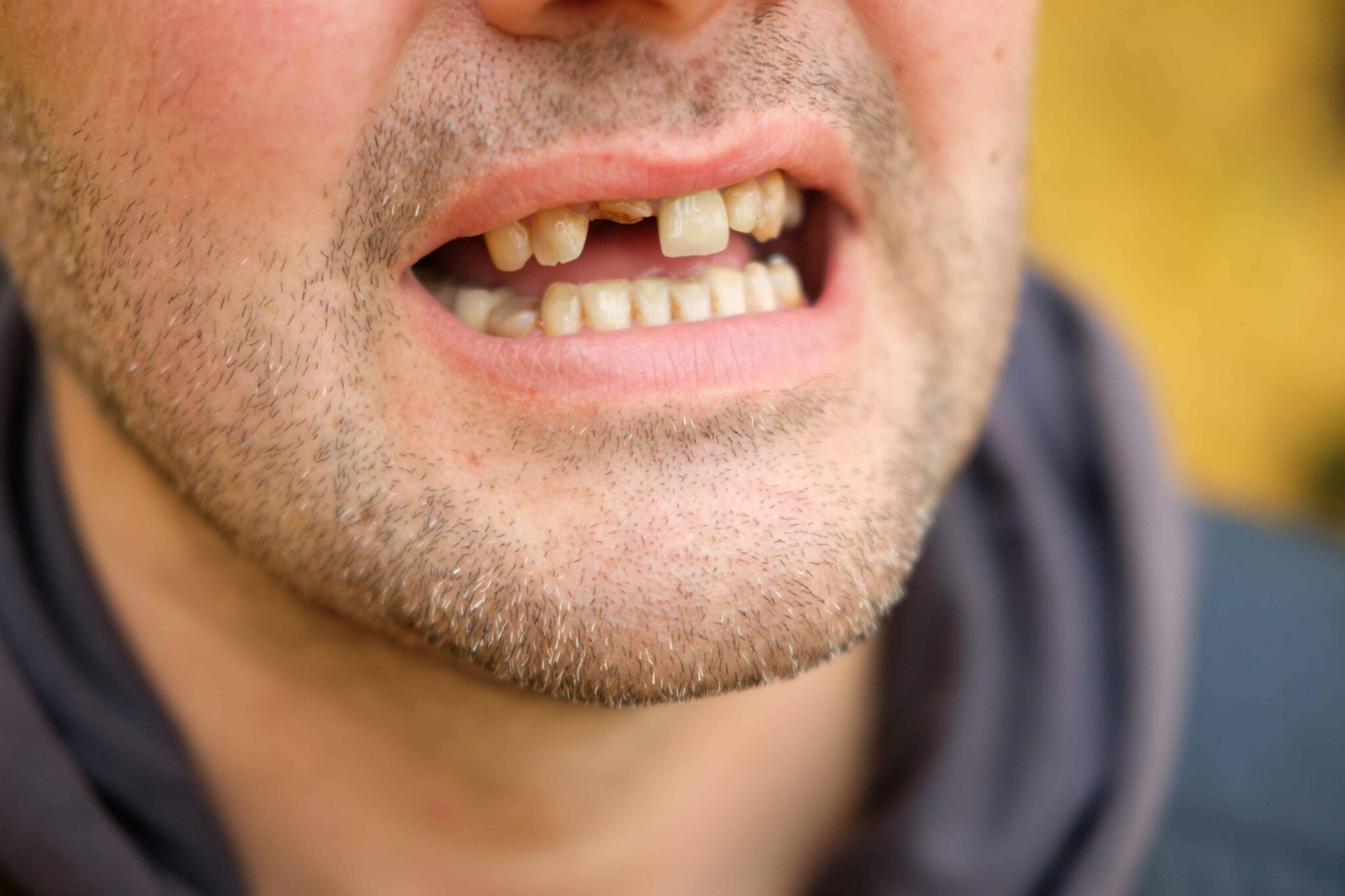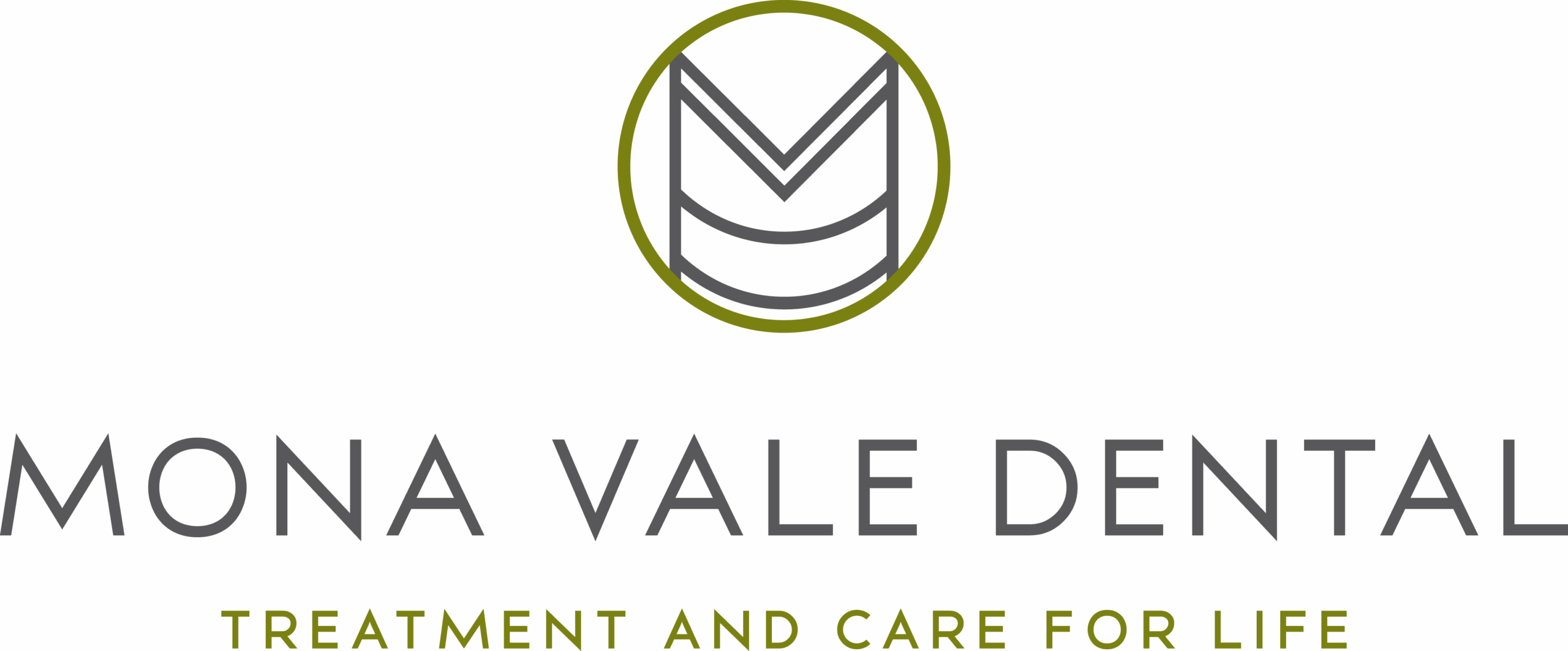Harmful bacteria in our mouths have a lot to answer for.
Growing evidence suggests that specific oral microbes can impact how we feel about ourselves and the world.
Some studies propose that people with an imbalanced oral microbiome (community of bacteria) are more likely to develop depression, anxiety and other mental illnesses.
But this connection works the other way too.
To sum up the reciprocal nature of this biochemical bond:
Oral bacteria can travel to the nervous system and influence mood.
On the other hand:
Stress (from mental illness) may trigger inflammatory chemicals that alter oral microbiome – making teeth and gums more susceptible to damage.
There are more obvious connections between depression and oral health too:
- “My teeth are affecting my mental health”: Dental pain and cosmetic imperfections can negatively impact a patient’s life by lowering their mood and self-esteem – sometimes leading to social anxiety, withdrawal and isolation.
- Mental health conditions often create or worsen dental problems, because of challenges related to managing these disorders. For example, some individuals may struggle to brush their teeth regularly.
It’s complex!
However, this is a vital topic, given that mental health conditions impact around one in eight people globally.
Unfortunately, there isn’t enough research into the two-way link between mental health and oral health.
More studies are needed, so health professionals and patients are empowered to support a beneficial relationship between our mouths and minds.
Dental health and depression: what role do microbes play?
There’s evidence that an unhealthy community of oral bacteria is associated with depression, anxiety and psychiatric disorders.
A recent Chinese study discovered a relationship between salivary-tongue dorsum microbiome and characteristics related to depression and anxiety.
The research team examined microbiomes from over 500,000 participants listed in the UK Biobank.
They found that particular oral bacteria are linked to both anxiety and depression . This interaction is “significant” for variants called Centipeda periodontii, Granulicatella and Eggerthia.
These researchers theorise that periodontal bacteria travel to the brain through the blood (or when the blood-brain barrier is damaged) – based on results from a previous study.
However, they acknowledge that many questions remain unanswered.
“This work highlights the need for more research on the potential role of the oral microbiome in mental health disorders to improve our understanding of disease pathogenesis, potentially leading to new diagnostic targets and early intervention strategies.”
An earlier Australian study also examined oral microbiome related to mood:
Researchers from the University of Melbourne found a connection between oral microbiome composition and adolescent mental health symptoms. Saliva samples that contained a “differential abundance” of certain bacterial strains were linked to high symptoms of depression or anxiety.
These bacterial strains include:
- Treponema
- Actinomyces
- Fusobacterium
- Spirochaetaceae
- Leptotrichia
The article considers the role of the gastrointestinal system, which contains neurotransmitters and hormones linked to brain health. The mouth is the gateway to the digestive tract, so there’s likely a three-way connection between our mouths, guts and minds.
Although this study focused on adolescents, study authors made an interesting observation about oral inflammation triggering mental illness (after looking at results from previous research based on adults):
“While poor oral hygiene can be a by-product of mental illness, inflammation in oral disease precedes anxiety and depression in adults, and stress hormones change salivary components and, thus, microbial composition”.
Panic disorder study highlights the complicated reciprocal relationship between the brain and mouth – it goes both ways:
A 2021 study examines the connection between oral bacteria and panic disorder (PD) by comparing the oral environments of people with and without PD.
Participants with panic disorder had higher levels of Prevotella and Veillonella in their saliva – two strains of bacteria linked to periodontal disease. They were THREE TIMES more likely to develop periodontal disease, compared to individuals who don’t have panic disorder.
But what comes first, the chicken or the egg?
In other words:
Does oral inflammation trigger dysfunction in the nervous system, or does the panic disorder create chemicals that alter bacteria in the mouth?
Authors of the study speculate the relationship goes both ways.
Bacteria in the mouth travel to the nervous system through a weakened blood-brain barrier – therefore influencing panic disorder.
On the flip side:
Panic disorders are associated with stress, which could elevate cortisol levels in the mouth. This changes the composition of the oral microbiome, which then becomes more susceptible to inflammation.
Again, more research is needed to determine the exact relationship between panic disorders and dental problems.
Mental illnesses often worsen dental health
“…a study of partial and full edentulism in U.S. adults showed that patients with depression were 20 to 30% more likely to have lost all their teeth.” National Library of Medicine
We’ve discussed the role that bacteria may play in connecting our mental health and oral health.
Now let’s talk about a more obvious reason why dental problems tend to be worse for people with depression, anxiety and other mental health conditions.
It boils down to a simple reality:
The challenges associated with a mental illness can make it difficult for individuals to look after their oral health.
- Difficulties sticking to an oral hygiene routine
- Dental phobia prevents early intervention
- Side effects of certain medications
- Eating disorders and binging
- Lifestyle choices and substance abuse
Difficulties with sticking to an oral hygiene routine:
People with depression or anxiety may experience low energy, apathy and feelings of unworthiness. This makes it harder to engage in self-care activities – like regularly brushing and flossing to reduce the amount of harmful bacteria in the mouth.
Dental phobia prevents early intervention:
Around 16 per cent of Australian adults experience dental anxiety, which deters people from visiting their dentist for routine check-ups or treatments. Over time, untreated dental problems can escalate into severe infections that are more complicated to manage.
Side effects of certain medications:
Particular medications prescribed for mental health disorders can create a dry mouth (xerostomia) by reducing saliva flow. This isn’t good, since we need saliva to help break down food and prevent bacteria from building up.
Eating disorders and binging:
People with eating disorders might experience low calcium levels, due to not eating enough. A calcium deficiency can weaken the protective enamel of teeth – increasing the risk of decay and infection. Additionally, repeated vomiting associated with bulimia can seriously damage the enamel.
Some individuals may also turn to comfort foods, which are often high in sugars that harmful bacteria love to feed on. Bad bacteria accumulate to form plaque when the mouth isn’t adequately cleaned. This leads to decay and infection over time.
Self-soothing and coping behaviours:
To cope with feelings of depression and anxiety, individuals may drink alcohol, smoke, vape or take illegal substances. These habits can have a detrimental effect on teeth and gums, by creating the perfect environment for harmful bacteria to thrive.
When it comes to self-soothing behaviours, tooth grinding during sleep (nocturnal bruxism) is associated with stress and anxiety in 70 per cent of cases. Left untreated, this condition can lead to complications like cracked teeth, jaw pain and migraines.
An important note:
These challenges are not a result of laziness or irresponsibility, but instead come from complex conditions. Supportive and understanding healthcare providers can help individuals with mental illness to develop healthier oral hygiene habits and overall coping strategies.
How to better manage the link between mental health and oral health
Address medication side effects: Some medications cause a dry mouth, which can lead to dental problems. There are mouthwashes and other products that reduce dryness. For example, chewing sugar-free gum encourages saliva production. Patients can work with their dentist and doctors to address this issue. Health professionals may also recommend medication changes, when appropriate.
Stress Reduction: Chronic stress is known to impact both mental and oral health negatively. Consider speaking to a GP, counsellor or psychologist for emotional therapy and relaxation techniques. Walking and other gentle exercises also help the body release mood-improving chemicals (like serotonin).
Accessible counselling support: You can access 24/7 telephone support with a counsellor by calling Lifeline (13 11 14) or Beyond Blue (1300 22 4636).
Reach Out Australia offers a free text-based chat with a peer worker for people aged 18 to 25.
Improve nutrition: Gums and teeth need healthy microbes to protect against decay. Consuming nourishing foods and beverages helps strengthen plaque-fighting bacteria (while potentially improving mood).
- Yoghurt and cheese
- Milk kefir
- Sauerkraut and kimchi
- Sourdough bread
- Sour pickles
- Miso
- Tempeh
- Enhanced milk
Regular Dental Check-ups: This is crucial for the early detection and prevention of oral health issues. On top of this, dentists sometimes identify signs of depression, eating disorders and other mental health concerns when examining the mouth (and then make appropriate referrals to other health professionals).
Note: Children under 18 can apply for the Child Dental Benefits Schedule (CDBS), which covers partial (or full costs) of basic dental services.
If you experience dental anxiety, please consider visiting a clinic that offers sedation dentistry as an option for general and cosmetic procedures. Sedative medication helps patients feel completely relaxed during treatments!
Sedation dentistry is an option at Mona Vale Dental
Our friendly team has plenty of experience helping nervous patients to feel better about their treatment. We’ll support you through the entire process!
If you need help financing the procedure, we offer interest-free payment plans.
Fill out this contact form or call our team on (02) 9997 1100.







